Police Turn Brutal After Okada Ban In North-central Nigeria, As Citizens Suffer Consequences
While people in rural Niger State, North-central Nigeria, grapple with attacks and abductions, those in the capital city are affected by the precautionary policies put in place as a consequence of the insecurity.
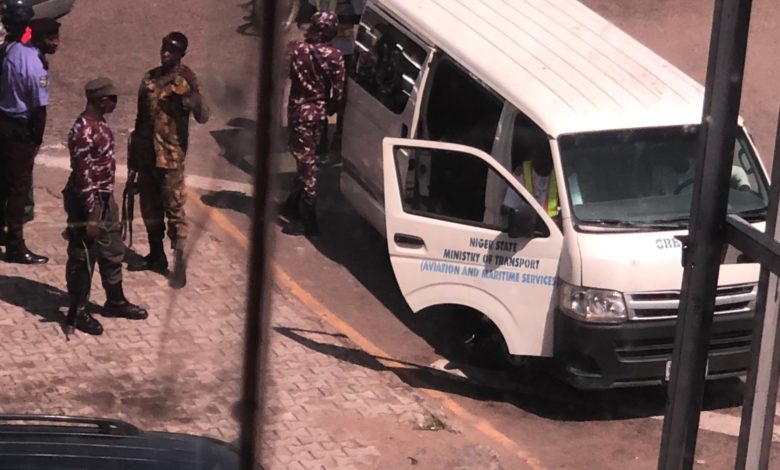
Nda* had just finished washing his motorcycle on a Friday morning and was standing by the road, drying it with a towel, when he saw a Hilux truck full of Police officers and motorcycles, speeding towards his direction from afar.
He was familiar with Hilux trucks and buses like that: packed full of community police, soldiers, and local vigilante groups. They constituted the task force set up by the Niger State government to enforce the ban on Okada in the capital city, Minna. The bike ban had been in force since May, 2021, in response to the increased terror attacks in the state, including the abduction of hundreds of school children. The terror gangs have been known to operate using motorcycles.
At first, Nda was unbothered as the Hilux kept charging towards him. The way he saw it, he was not doing anything illegal, just standing by his newly washed bike. He admitted to HumAngle that he meant to go about his Okada —commercial motorcycle— business when he was finished drying his motorcycle. But at that particular time, however, he was merely standing beside it.
“And even if I had been riding the motorcycle, I did not have a passenger behind me so how could I have been profiled as an Okada man?” he asks.
What he did not know was that his plate number had given him away; the red coloured type was usually issued to commercial bikes, while the blue coloured ones belonged to private bikers.
The Hilux continued to drive directly towards him and he finally figured that they meant to crash into him. He quickly hopped on his bike and powered it on, then began to speed away. The Hilux increased speed and soon they were driving directly beside him. The driver, while the car was still in motion, opened his car door and slammed it at Nda with overwhelming force. The impact pushed him off his moving bike and sent him sprawling on the tarred road.
“I sustained injuries. I couldn’t even see properly again but I was still able to find the strength to get up and run. I think it’s because I believed that they would have killed me,” he tells HumAngle.
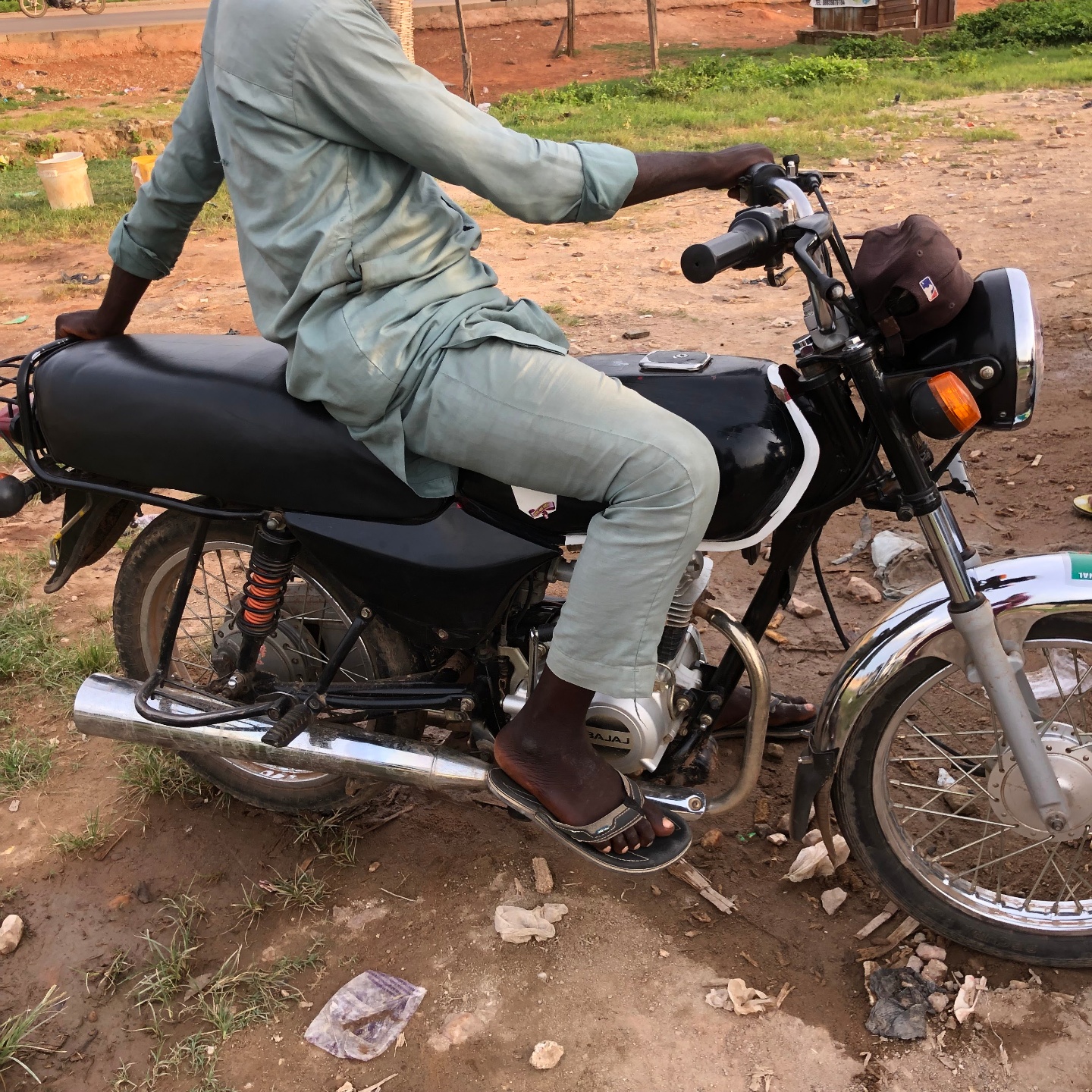
The bike ban in Minna has rendered hundreds of people jobless, made it hard for commuters without cars to find their way around town and get to work on time. The only other means of transportation is the tricycle and there are not enough of them in the city. And yet, the ban was deemed necessary.
This is another consequence of the brewing terrorism across North-central Nigeria. While people in rural Niger State struggle with abduction and attacks, those in the capital city are affected by the policies made as a consequence of those attacks.
However, the brutality of the task force charged with the work of enforcing the ban, continues to grow. The task force, which was named Joint Task Force on Ban of Use of Motorcycles for Commercial Purposes and Illegal Garages, is made up of the Army, Police, Civil Defense officers, Federal Road Safety Corps, vigilante groups, among others.
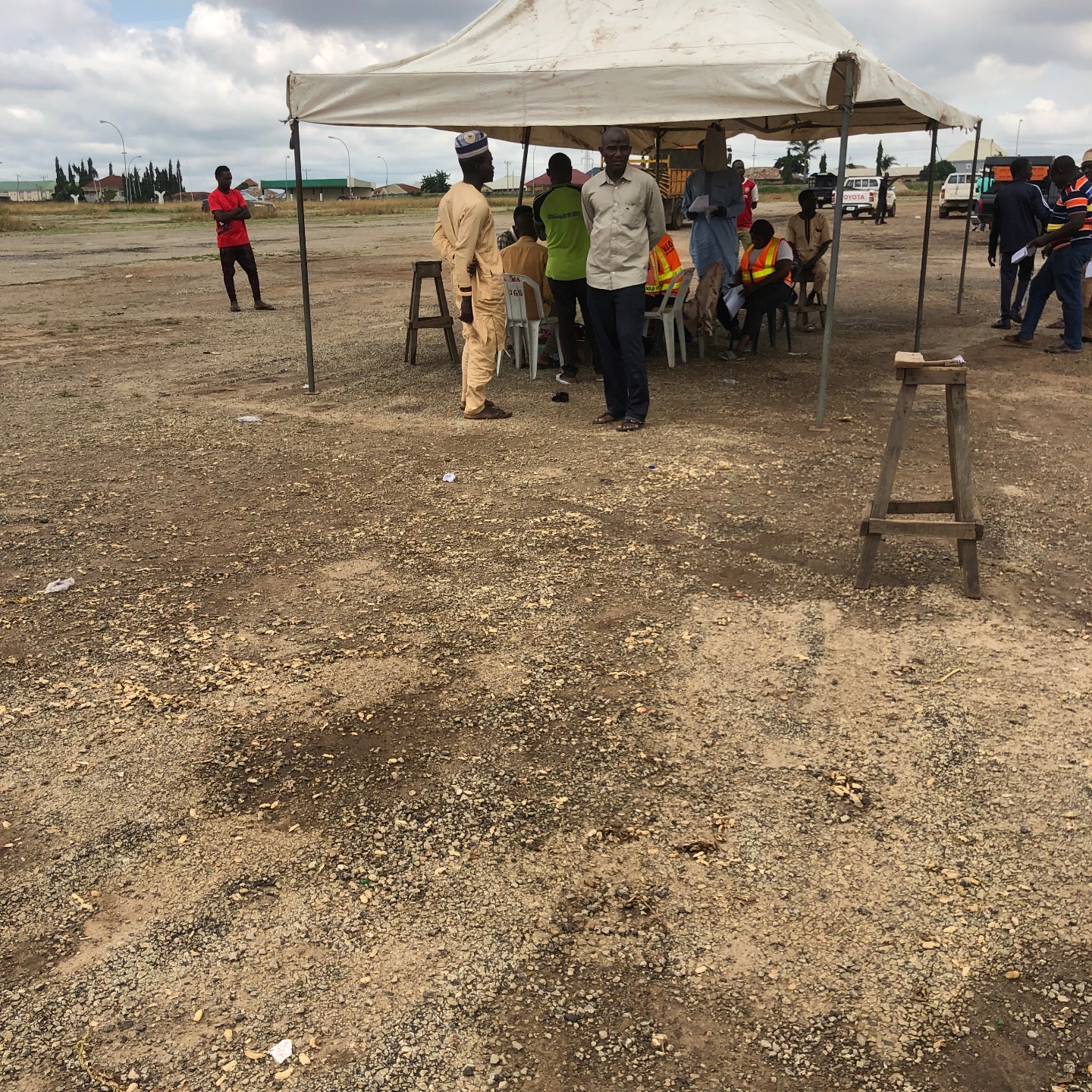
Muawiyya Muye, a Senior Special Adviser on media to Niger State Governor, told HumAngle that the state is aware of the accusations of extreme violence leveled against the task force.
“It’s true that people generally can go overboard in exercising their power, but an avenue has also been provided where complaints can be tendered. People who had been violated or treated unjustly could go to a sub-committee of the task force to complain.”
In an interview with the Deputy Director of Motor Vehicle Administration (formerly known as VIO), Bahago Agio Yusuf, who is a key member of the committee set up to look into these complaints, he said the cases of violence involve the task force “exercising self-defense.”
He adds: “Just the day before yesterday, one of our staff was beaten to stupor by thugs around Kpakungu axis. They also stripped him naked, leaving him with only his boxers. He arrived here in his boxers and we had to look for a trouser for him.”
Yusuf says that about eleven of their staff have been severely injured and currently hospitalised.
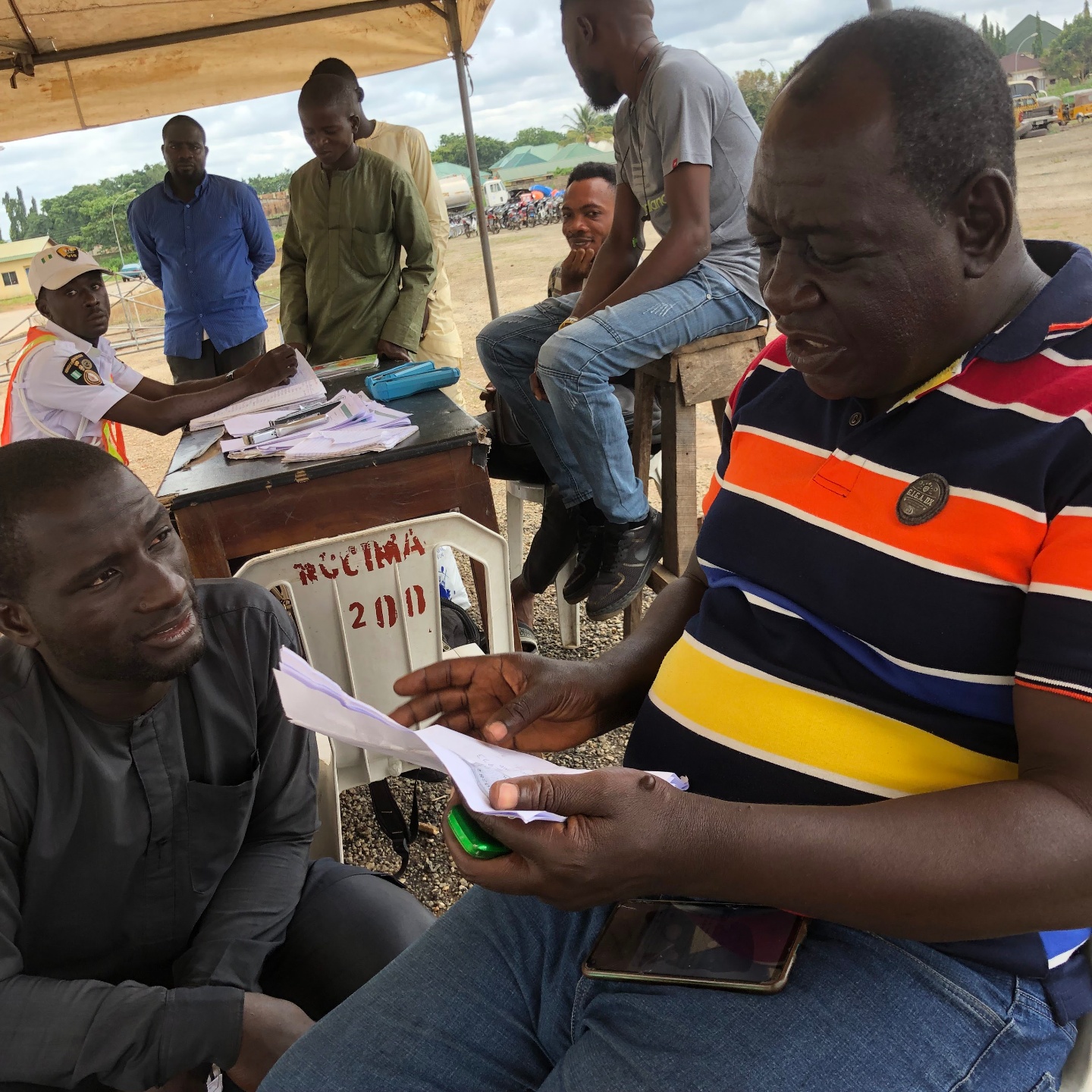
He says that complaints are still being entertained and each investigated; where the complainant is found to have been treated unjustly, the task force offers an apology and sometimes money. “Other times we pay for their medical treatment when they are injured.”
“The young man who just left here — the one whose papers I signed on, it was a case of him being wrongly arrested and manhandled. I apologised to him.”
HumAngle spoke to a number of wrongly arrested motorcyclists and they confirmed being apologised to. However, they do not think that any consequence came to the officers who mishandled them.
Cases of extortion and more violence
Aji* was arrested and his bike seized in July. On their way to the office, the officers stopped and asked if he had any money with him.
“I told them that I was just coming out of the house and hadn’t gotten even one passenger yet that day,” he tells HumAngle. “They searched me and emptied my pockets. I had six hundred naira. They took it from me and then gave me back my bike, showing me which routes to pass to get back to where they had taken me from,” he narrates.
Aji has worked as an Okada rider in Minna for five years now. From the money he makes from the business, he takes care of his family which comprises his wife and son.
On average, he makes N3,000 naira daily, he tells HumAngle, as he fetches cement from the headpan beside him, slaps it on the wall he’s plastering. Building is one of the menial jobs he has taken on in the wake of his sudden joblessness.
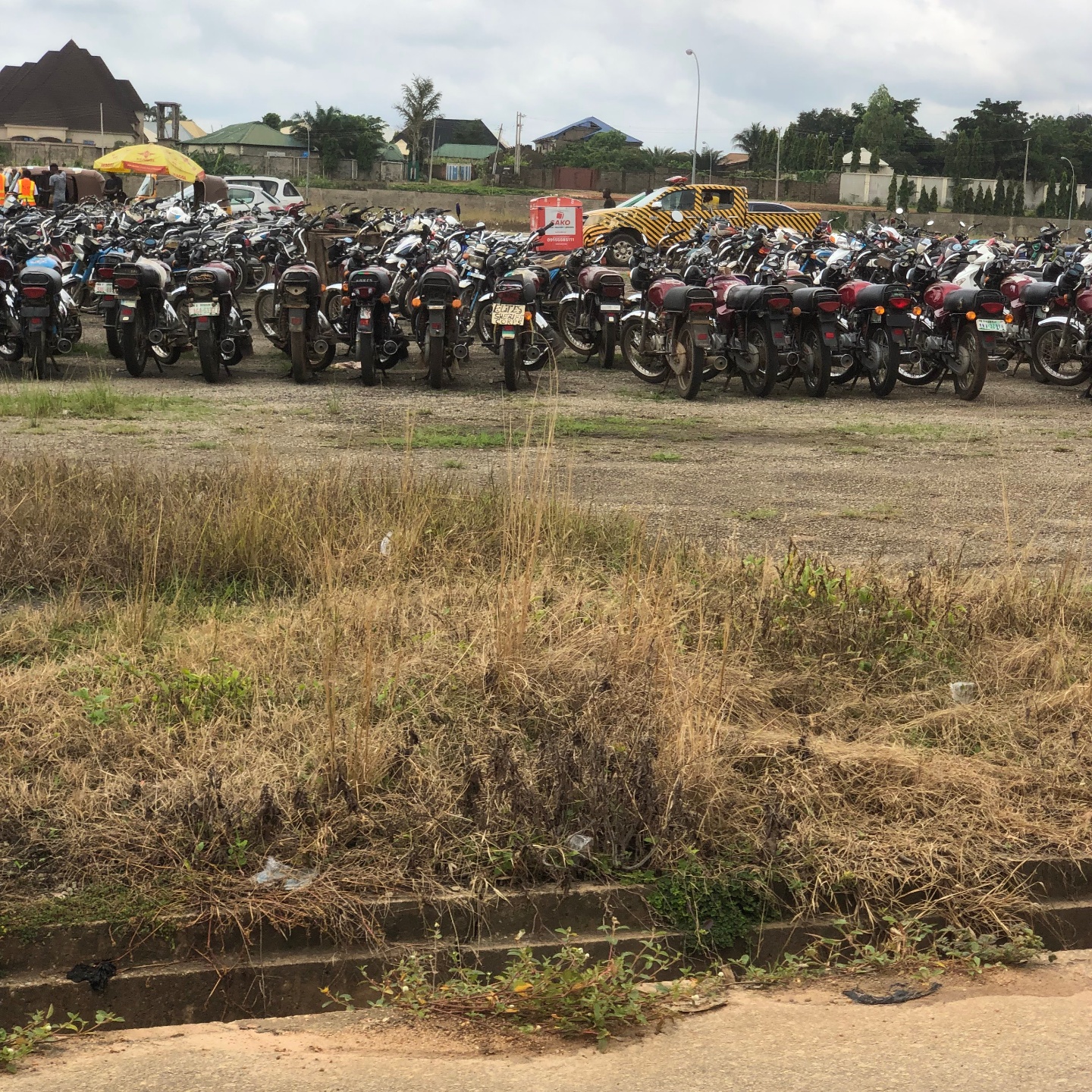
“We did not even see it coming at all. Nobody warned us. We might have been able to make other plans if we were at least warned,” he laments. But he had woken up that day with plans of going to work as usual, only to learn from friends that his primary source of income had been declared illegal by the government the night before.
Some of his friends tried to go about their business on that first day of the ban, but met brutal resistance from the task force which patrolled the town menacingly. It was clear they meant business and were ready to cause harm to them, he says.
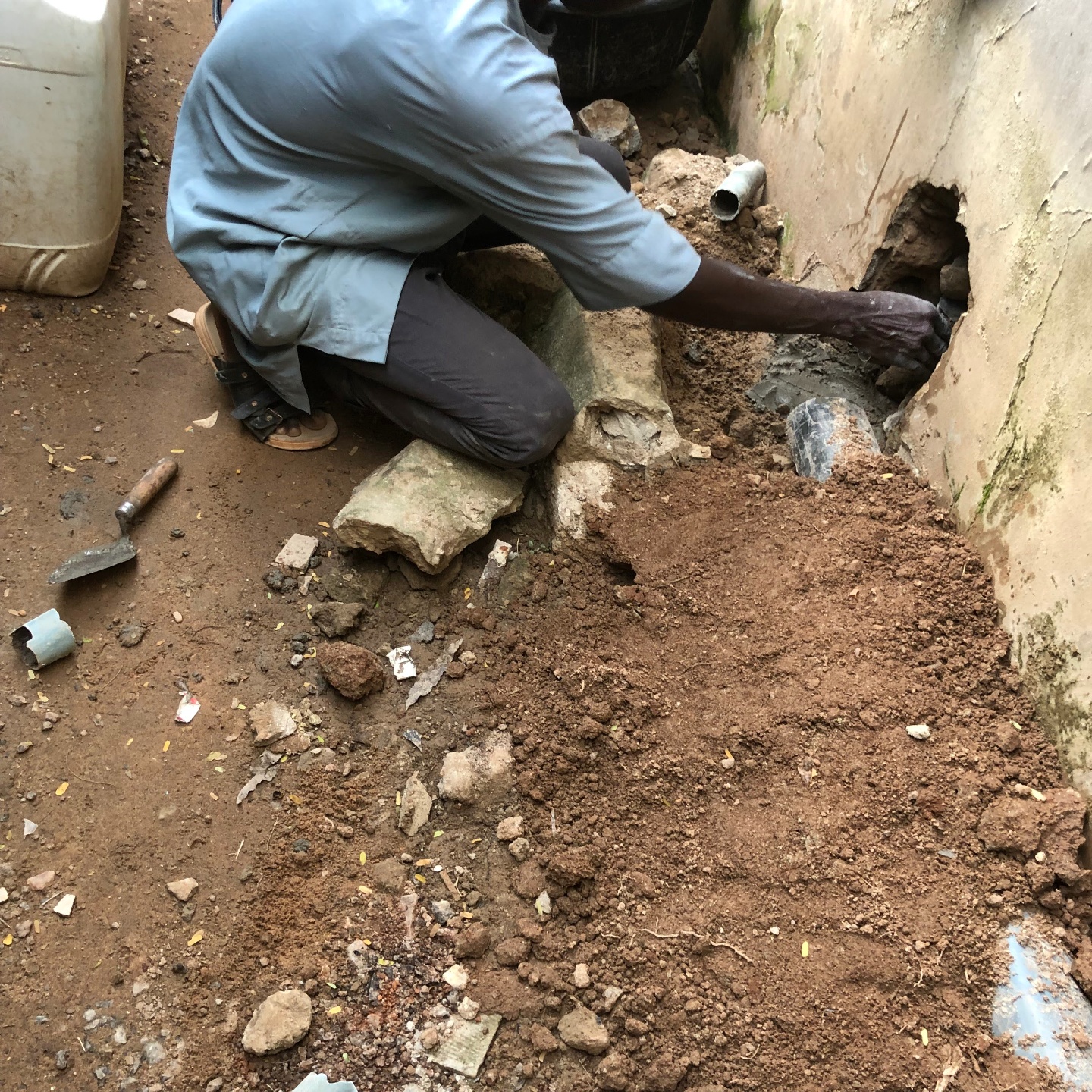
Surviving post-bike ban
“I used to make up to N3,000 daily before the ban,” Babawo, a middle-aged man tells HumAngle. “Now, I am lucky if I get up to N1,000. Out of this money, I am supposed to eat, buy fuel. Where is the profit?”
People continue to patronise the Okada riders despite the danger involved because they have no choice.
“Tricycle riders will only drop you at junctions. You are expected to trek the rest of the way if your destination is far from the junction. I use Okada to finish the rest of the journey every time I am returning from school, otherwise I will have to walk for close to an hour to get home,” a secondary school student tells HumAngle.
Businesses have also been stalled and in some cases crippled by the bike ban.
“I was going to start a food delivery business, I had been planning on it for quite a while. But with the bike ban, I have been very discouraged. Majorly, what would facilitate it and make the delivery efficient is actually a very easy transportation system that would help me deliver food to my customers with ease,” Hannatu, a chef resident in Minna, says. “Okada would have done that. Tricycles will only stop at junctions. If I want them to go all the way, the charge would be too much.”
She had an Okada man who used to run errands for her but he has since returned to his village to farm as he could no longer fend for his family.
What is the way forward?
Some of the Okada riders told HumAngle that a significant increase in the supply of commercial tricycles in Minna, at a subsidised and friendly hire purchase rate would solve the problem of their sudden unemployment and ensure residents are not stranded.
“Someone offered to lease me a tricycle at 1.5 million naira. Which year would I finish paying that money? And I still have to maintain the tricycle as I use it,” Aji* says.
Babawo thinks that in addition to this, the ban should be restricted to bikes operating on the highways. “They should let us operate within streets and corners; we can manage with that,” he adds.
His stance is popular amongst residents as well.
“If the state government introduces taxis and shuttle buses, are they ready to empower the okada riders who do not know how to drive, to learn? The ban should be limited to highways so they can operate within streets,” Hannatu says. She notes that okada riders who had to switch to tricycles drive rough, in a manner that makes it clear they don’t know their way around yet.
Names have been changed to protect the identity of the respondents.
Support Our Journalism
There are millions of ordinary people affected by conflict in Africa whose stories are missing in the mainstream media. HumAngle is determined to tell those challenging and under-reported stories, hoping that the people impacted by these conflicts will find the safety and security they deserve.
To ensure that we continue to provide public service coverage, we have a small favour to ask you. We want you to be part of our journalistic endeavour by contributing a token to us.
Your donation will further promote a robust, free, and independent media.
Donate HereStay Closer To The Stories That Matter




